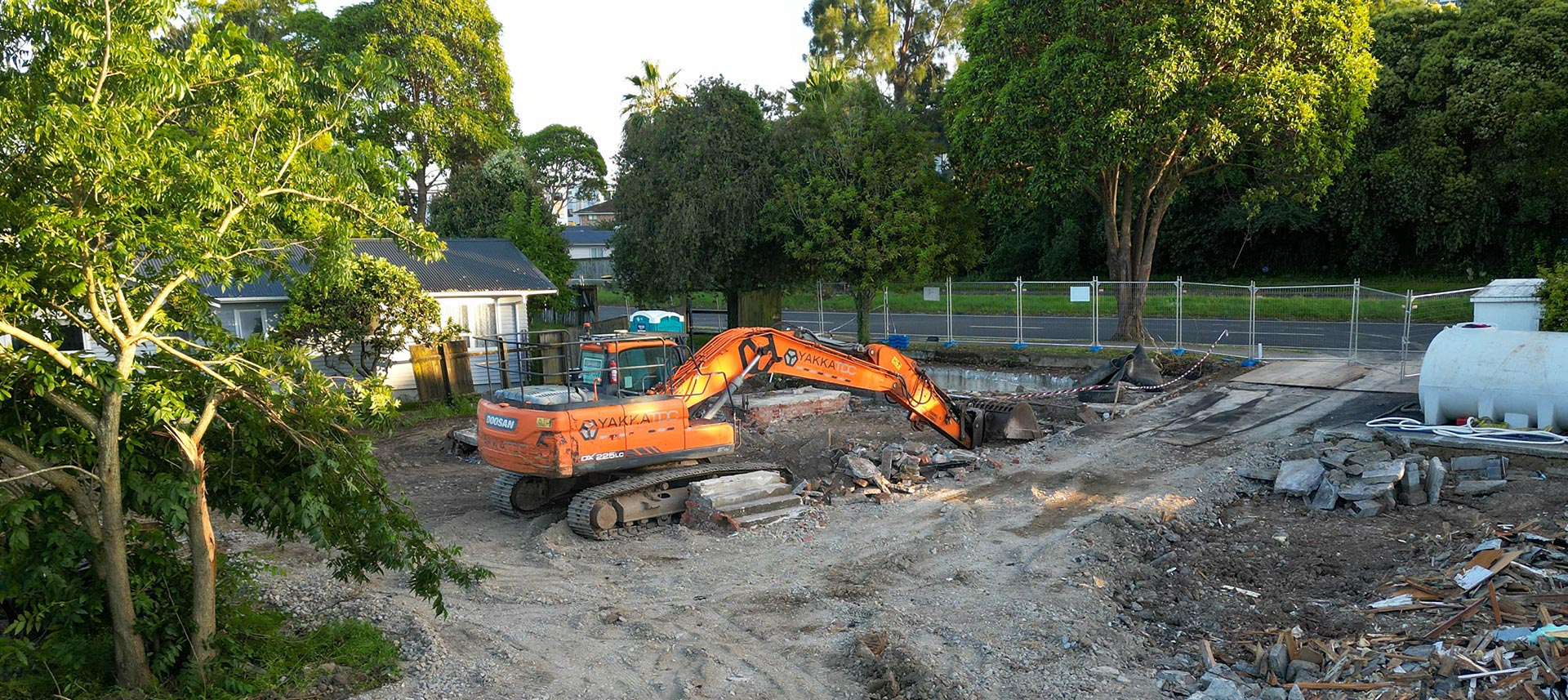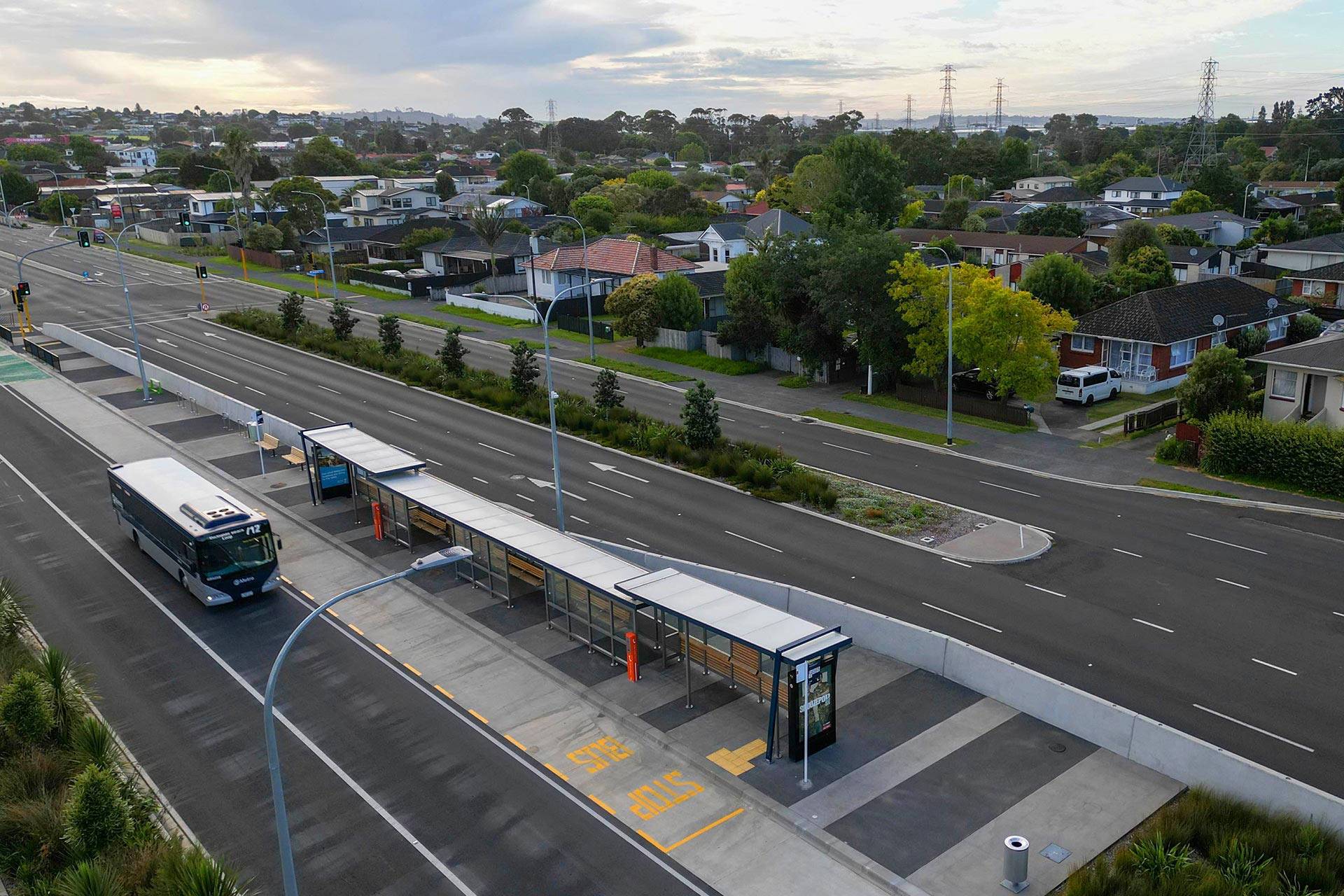Are you a landowner or occupier of property required for public works? Are you being forced to sell your home or business? Relocating can be stressful. Understanding how the process works will help you make the most of a challenging situation.
What are my entitlements when my land is to be acquired for Public Works?
It can be stressful if you are a landowner or occupier of property required for public works and forced to sell or relocate your home or business. Understanding how the process works is important. Get to know the full extent of compensation you might be entitled to before accepting any proposed offer to purchase the property you own or occupy. Obtaining sound legal and valuation advice is vital.
We can help by providing practical legal advice. Our team can work with valuers and other professionals (if necessary) to ensure you receive your full and fair entitlements. Your entitlements will include having your legal and valuation costs incurred as part of the property acquisition paid for by the relevant acquiring authority. As such, we recommend you engage a suitable lawyer to advise and advocate for you at the start of the process.
This article summarises the typical acquisition process, the entitlements that might be available to you, and how we can assist.
The typical acquisition process for land required for Public Works
Toitū Te Whenua – Land Information New Zealand (LINZ) administers the Public Works Act 1981 (PWA) and the land acquisition process governed by that Act.
Most land acquisitions for public works are done through a negotiated agreement under s17 of the PWA. Where an agreement cannot be reached, your land could be compulsorily acquired under s23 of the PWA.
Negotiated s17 Agreements
A typical land acquisition comprises the following steps:
- An acquiring authority, such as the Government (often acting through one of its departments, agencies or Crown entities, e.g. Waka Kotahi – New Zealand Transport Agency), a local council or utility provider, identify property required for a public work.
- The acquiring authority appoints an agent accredited by LINZ (commonly referred to as a LINZ accredited agent or supplier) to negotiate the acquisition of land for public works on behalf of the acquiring authority.
- A notice of desire to acquire land (prepared and served in accordance with s18 of the PWA) is served on the relevant landowner. At the same time, the notice will be registered on the record of title of the target property.
- The s18 notice commences a period of good-faith negotiations. During a minimum period of 3 months, the accredited agent will invite the landowner to sell their land and attempt to reach an agreement on the terms of the sale and purchase. As part of that process, the agent will obtain a valuation from a registered valuer and advise the landowner of the estimated amount of compensation to which it would be entitled under the PWA. The landowner should obtain its own valuation from a registered valuer for “compensation purposes under the PWA”. The acquiring authority will meet the cost of that valuation. Those two valuations are exchanged and serve as the basis for negotiating the sale and purchase agreement. That agreement will not only record the purchase price of the land but also set out all other compensation and entitlements to be paid.
- If the accredited agent and landowner agree on the acquisition terms, the final agreement will be prepared, signed by the landowner, and then presented to LINZ for approval and countersigning by LINZ (under delegated authority). The agreement is not binding until approved and countersigned by LINZ.
- The acquiring authority can register a compensation certificate against the relevant record of title to protect the authority’s interest in the s17 agreement.
- Generally, compensation is paid when the acquisition is settled.

ABOVE: private properties have been acquired and construction is underway along Ti Rakau Drive, East Tamaki, Auckland, for the Airport to Botany Rapid Transit public works project
Compulsory taking of land if a negotiated agreement is not reached
If you do not reach a negotiated agreement within three months of the service of the s18 notice, the acquiring authority can, within one year from the date of service of the s18 notice, proceed to take the land under s23 of the PWA compulsorily.
Any person with an ownership or other interest in the target land has a right to object to the taking of the land. Other than a disagreement over compensation, any such objections would be heard in the Environment Court.
If the failure to reach agreement is due to a disagreement on the compensation to be paid, that amount can be determined by the Land Valuation Tribunal.
Compensation and Entitlements under the PWA
The general principle of the PWA is that a landowner is entitled to full compensation for their land so that their financial position is no better or worse than before the public work took place. The value of the land will be based on the amount that the land would be expected to be sold, if sold on the open market, by a willing seller to a willing purchaser on a specific date – disregarding any negative or positive effect the public work would have on that value.
If the acquiring authority only requires part of your land, you would be entitled to compensation for the value of that part of the land acquired. Additionally, you can be entitled to compensation for any permanent loss of value to that part of your land you retain after the completion of the public work. This further entitlement is referred to as “injurious affection”.
The compensation is usually satisfied by a money payment on settlement. However, in some cases, the acquiring authority can acquire other land to be used as compensation for your land in what would be akin to a “land swap” arrangement.
Depending on the specific circumstances of your case, your entitlements under the PWA may include:
- Additional payments for early agreement and giving vacant possession by an agreed date – the amount of compensation will vary depending on whether the land acquired contains your home and other factors
- Household removal costs
- Business or residential tenant removal costs
- Compensation for business losses suffered
- Compensation for damage to land caused by the public works
- Compensation for disturbance costs
- Accessibility improvements
- Other professional costs in addition to legal and valuation fees. For example, where the engagement of the services of other professionals and experts is reasonable
What happens if the acquiring authority decides your land is no longer required for a public work?
If after initiating negotiations, the acquiring authority decides your land is no longer required for a public work, you would be entitled to have your reasonable costs incurred during the negotiation process paid by the acquiring authority.
How Wynyard Wood can help with compulsory land acquisitions for public works
We can advise and advocate for you during all negotiation steps to help you get the full and fair compensation you are entitled to under the PWA. In some circumstances, this may require measured negotiation and patience to get the best financial result for you. In others, it may require a more efficient approach to achieve an agreement sooner so that you can sell and repurchase in the same market conditions.
We can also assist where the acquiring authority seeks to secure an easement or lease your land.
There may be situations where your property is subject to a designation for a public work, but an s18 notice is yet to be issued to you. As the designation may prevent you from dealing with your property, you may wish to initiate discussions and require the relevant authority to purchase your land in advance of them requiring it for the public work.
However you’re affected by compulsory land acquisitions, contact us to discuss your specific circumstances.






